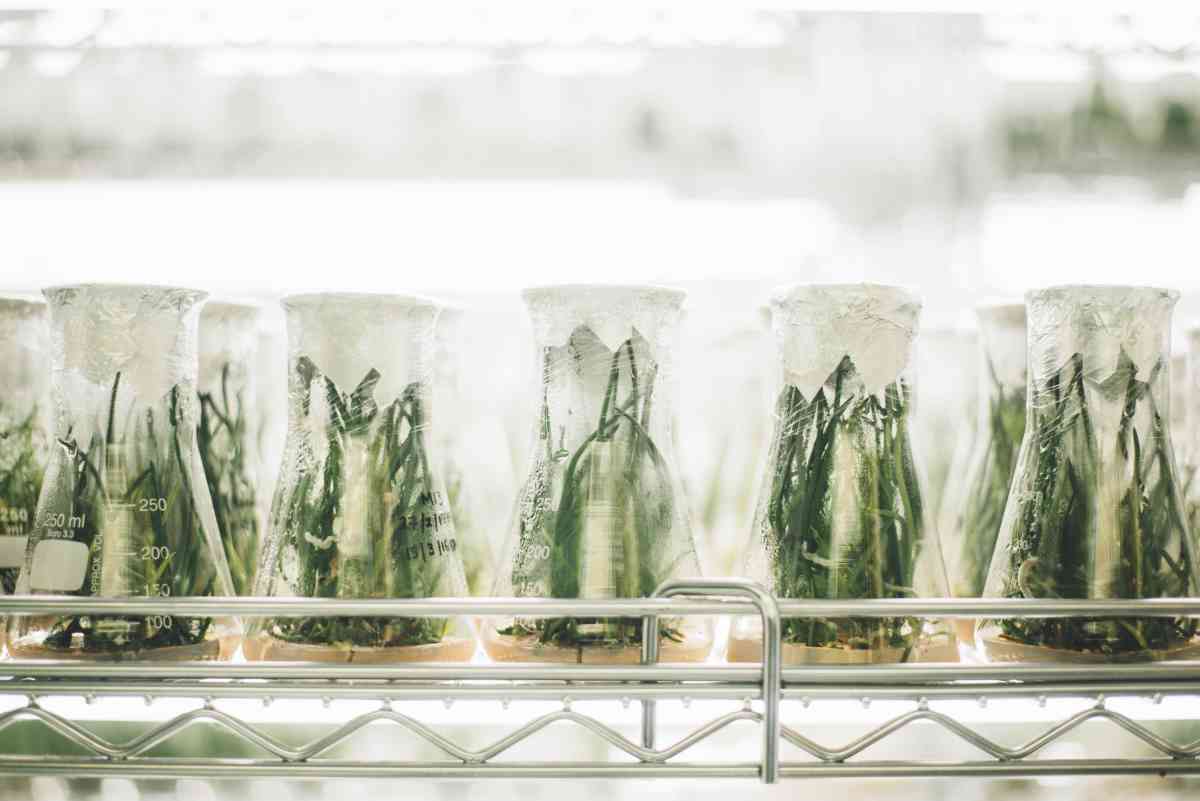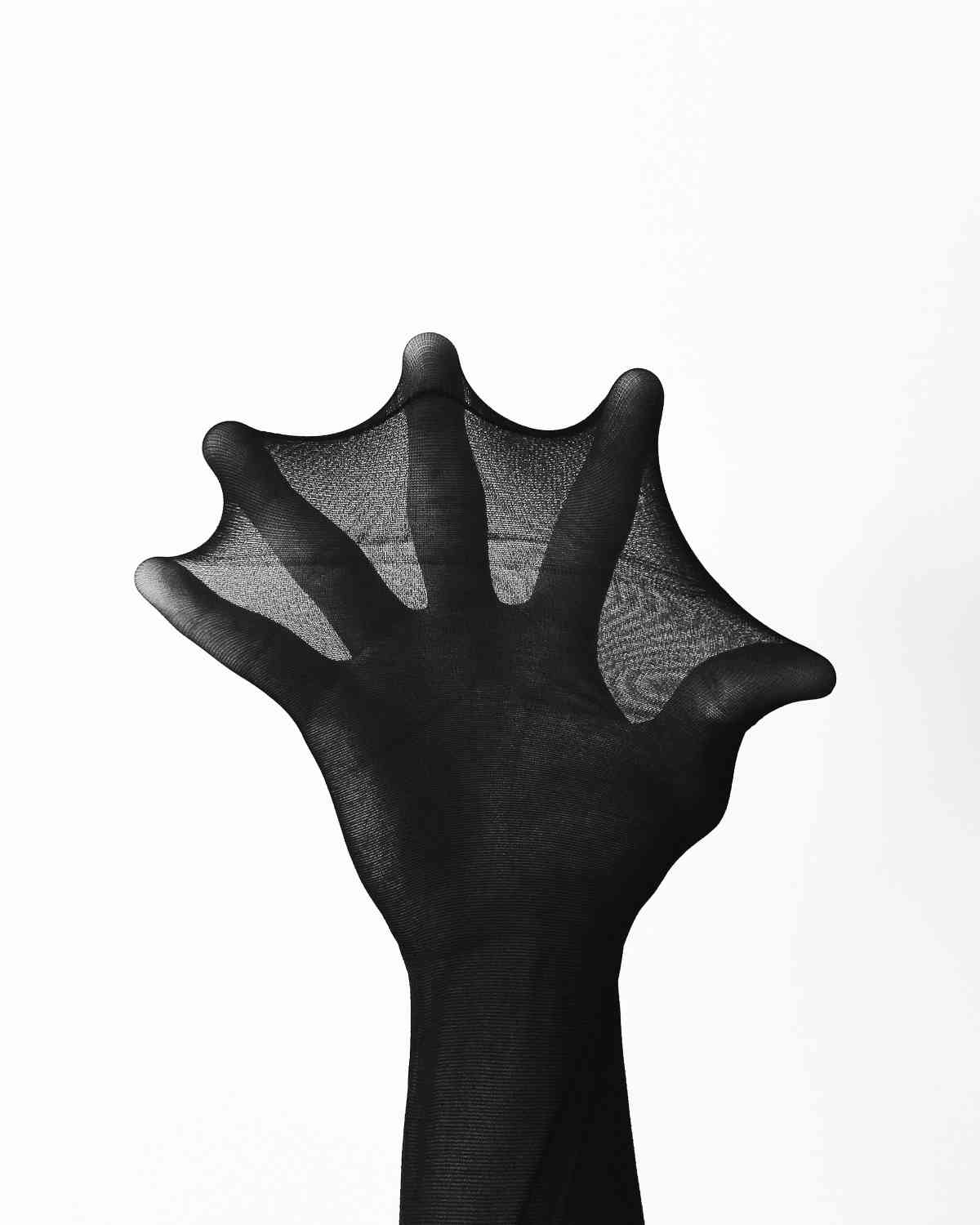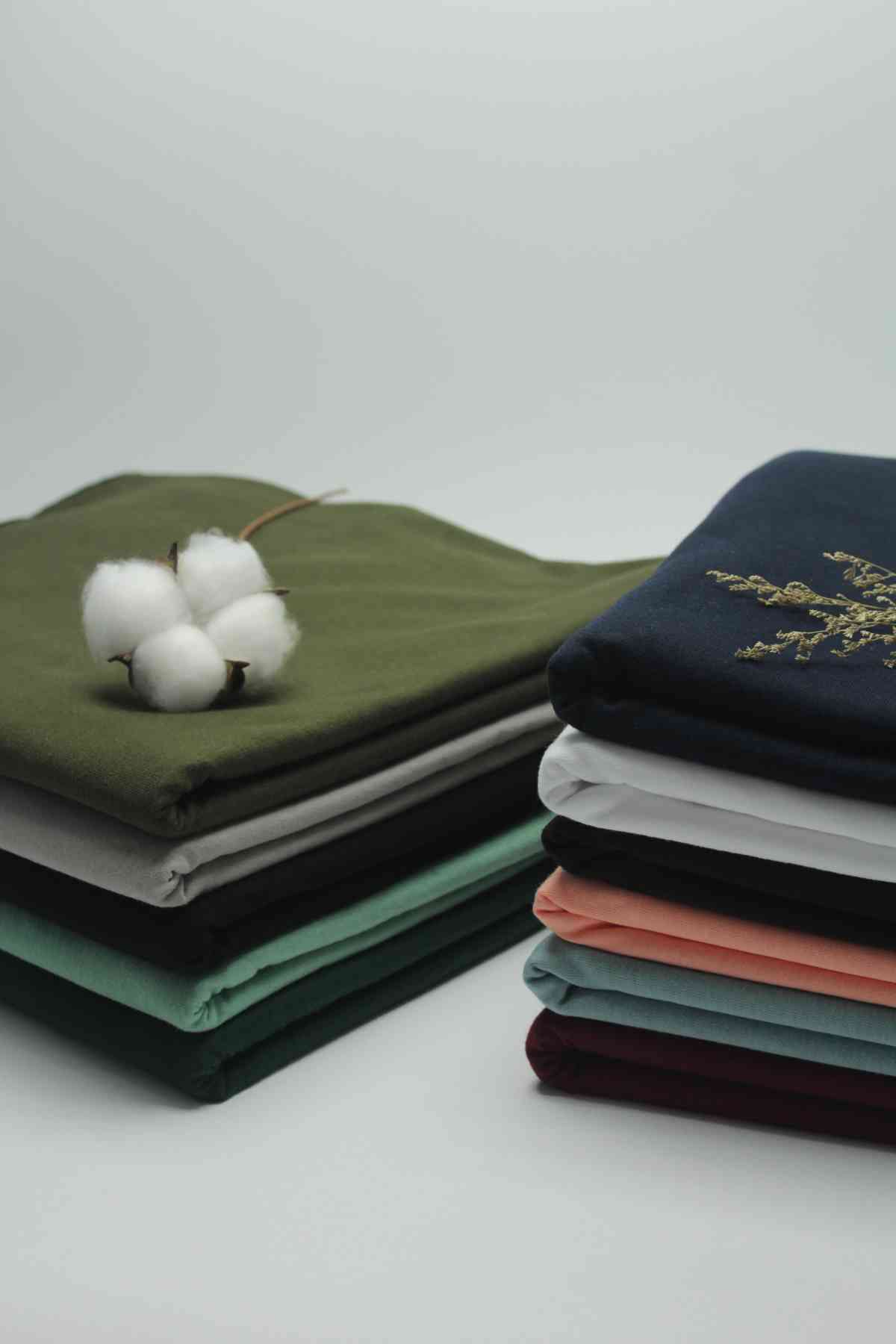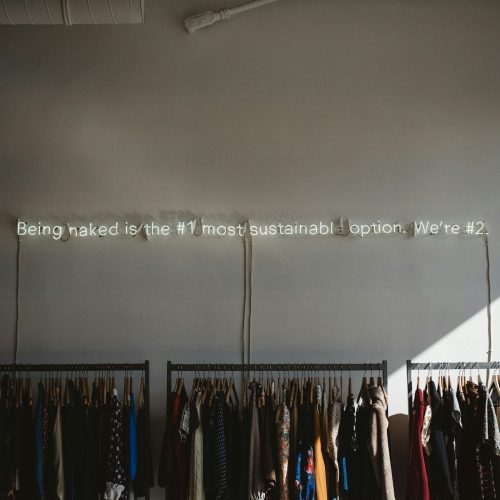The Biofabricate Summit | The Future Of Fashion Textiles
Last week’s Biofabricate Summit brought artists, scientists, and designers together to share projects and discuss the growing concept of biology as technology. For those involved, one thing is clear. The future of the textile, design and fashion industry is biotechnical.
To receive the Luxiders newsletter, sign up here.
The Biofabricate Summit was started by fashion designer Suzanne Lee, who wanted to foster a global community of innovators growing and designing materials through biotechnology. Suzanne coined the term ‘Biocouture’ in 2004 to describe her pioneering research on growing clothing using living organisms. In 2007 Suzanne published the ground-breaking book, “‘Fashioning The Future: Tomorrow’s Wardrobe”’, where, for the first time, new technologies for fashion and textiles were captured and mapped out. It remains a key text for designers, scientists, and artists wanting to glimpse the future of wearable technology.
The NYC-based event this year is partnering with Parley for the Oceans. The Parley Global Clean-up Network works to protect marine environments from plastic pollution and other threats. Its focus is on education and solutions, to save our oceans.
This year’s conference was for the first time extended to a 2-day event. Highlighting the growing need for biomaterials and fabrication. Day 1 uncovered the latest research and meet early-stage innovators starting their biofabrication journeys whilst Day 2 facilitated industry conversations amongst CEOs, designers, and artists they feel need to be explored.
The team behind the summit, comprised of many industry experts, believe designing with biology presents the greatest opportunity for reimagining our material world. The summit aims to explore the opportunities, the issues, and the trends of biofabrication and technology. With one question in mind: who is advancing our material world?
“We need a material revolution, and we need it now.”

NATURE IS BEAUTY
K18, a biotech hair care brand aims to revolutionise how we care for our hair. During the 2022 summit, the brand showcased its new peptide prep shampoo. Their shampoo contains their patented K18Peptide, a bioactive peptide that claims to revitalise damaged hair. The peptide aims to reconnect the broken polypeptide chains in your hair, and the brand is boasting some great science-based studies on their patent benefits.
WereWool is a recently established company exploring biodegradable fibres as a solution to consumer demand. During this year’s Biofabricate summit, they showcased their future goals. Their fabrics are still in the early stages of development. Currently, they are working on refining the composition of their fibres to minimise their impact on the environment. Eventually, they are planning to develop a platform to design fibres at the DNA level for sustainable textiles with inherent properties such as colour, moisture management, and stretch.


BEYOND NATURE, BEYOND FABRIC
Bananatex is focused on creating material that is made from banana plants called the Abaća. Their fabric also has a low environmental impact due to its durability and large supply. Even its Ruco-Dry Eco water-repellent treatment does little to hinder the fabrics’ sustainability. Its founder Hannes Schoenegger stated in a 2019 interview, that Bannantex’s planned to “drive the innovation further” through partnering with other companies. In 2022, Bananatex has made its dreams a reality. It has partnered with various brands.
Evocative specialises in mycelium-based products. For this summit, Evocative displayed their recent partnership with Pangaia to create their infamous grape leather sneaker with mycelium foam. Using their second-generation AirMycelium platform, Ecovative can develop a line of petroleum-free, pure mycelium foams tuned to meet their product standards. Forager foams and hides are grown from agricultural by-products, completely free of plastics, representing a sustainable, scalable, high-performing alternative to the ecologically damaging petroleum found in foam and leather commonly used in shoes.
Many of these innovative designs are still in their early stages but are signalling something is changing in the textile industry. This method of “designing with life” as Suzanne Lee calls it in her Ted Talk is the future of fashion and innovation. As biotechnology has become more accessible, smaller start-ups are leading the way in biofabrication. Suzanne Lee strives to bring attention to these trailblazers, because, she argues: “We need a material revolution, and we need it now.”
+ Words:
Emily Fromant
Luxiders Magazine




